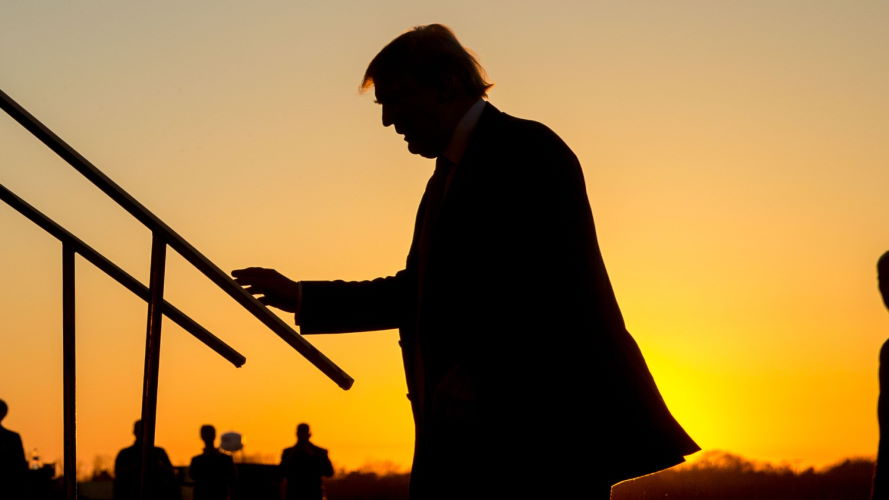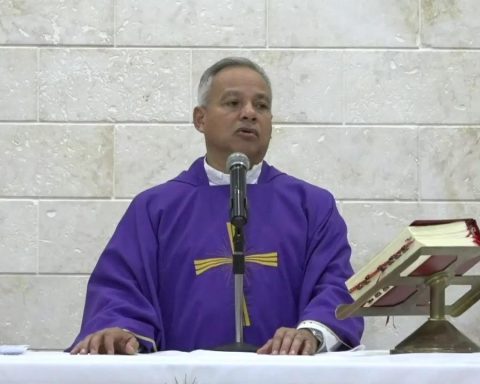Georgina Saldierna
Newspaper La Jornada
Sunday November 20, 2022, p. 4
Morena in the Chamber of Deputies foresees that there could be up to seven secondary laws that would be modified as part of her plan B for electoral reform. Among the objectives pursued is to review the organic structure of the National Electoral Institute (INE), to eliminate duplication and make its operation cheaper, as well as to introduce into the legislation the guidelines for the re-election of legislators and electronic voting.
Another topic that is sought to be included is that of affirmative actions, so that there are candidates from vulnerable population groups and parity in the nomination of candidates for governorships, topics that have worked until now due to the issuance of administrative guidelines from the INE.
According to Morenista deputies consulted, the plan B of electoral reform that is being elaborated would contemplate modifications to the laws of Electoral Institutions and Procedures and of the System of Means of Challenge in Electoral Matters.
However, the coordinator of the cherry party in San Lázaro, Ignacio Mier, has indicated that there are seven regulations that could be modified.
Among the topics that interest Morena is the review of the organic structure of the INE within the margins allowed by the Constitution and without affecting its technical and management autonomy, with the purpose of avoiding, for example, the duplication of functions between the district councils and the Local Electoral Public Organizations (Ople), as well as among the directorates of the institute itself, which they anticipate would result in significant savings.
Regulation of campaigns
One more issue that wants to be modified is the regulation of electoral campaigns and, above all, the control of the resources used, to avoid irregularities.
It will also evaluate what is related to the procedural scope of the trials resolved in the electoral court and its powers, since for the cherry party the magistrates have assumed powers that do not correspond to them and even invaded functions of the Legislative Power.
Regarding electronic voting, the prevailing idea is to establish this mechanism for Mexicans residing abroad, and then gradually extend it within the national territory, starting with small states, such as Tlaxcala, Aguascalientes and Nayarit, so that the system be consolidated in 2030.
The Morenista deputies have reported that they are building this plan B before the calculation that the constitutional reform in electoral matters, which the Executive sent last April, will not have two thirds of the votes that are required in San Lázaro for its approval.
This is because the opposition parties (PAN, PRI, PRD and Movimiento Ciudadano) have announced that they will vote against it, because they consider that it affects the autonomy of the INE.
The process of ruling on said proposal will begin next Wednesday. The deputies of the Electoral Reform, Constitutional Points and Governance commissions are summoned for that day, with the purpose of knowing the draft opinion.
It is expected that the document will be voted on in these instances between November 28 or 29 and that it will immediately be turned over to the plenary session of San Lázaro. Once this process is concluded, the result of which is anticipated to be adverse for the majority party and its allies, plan B will be presented.

















